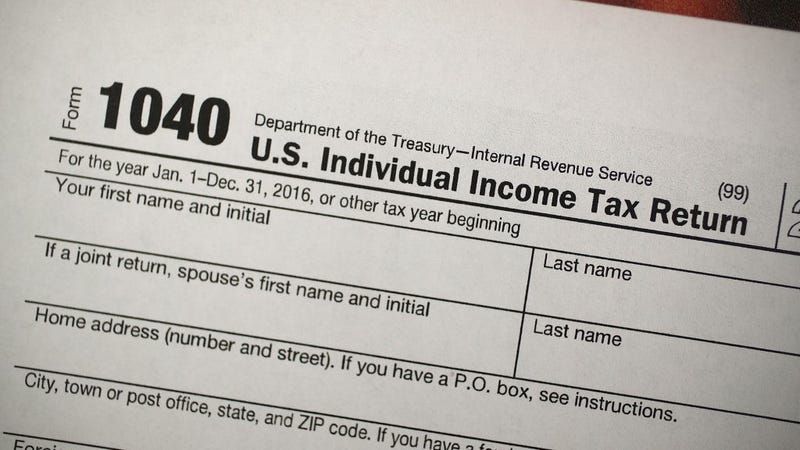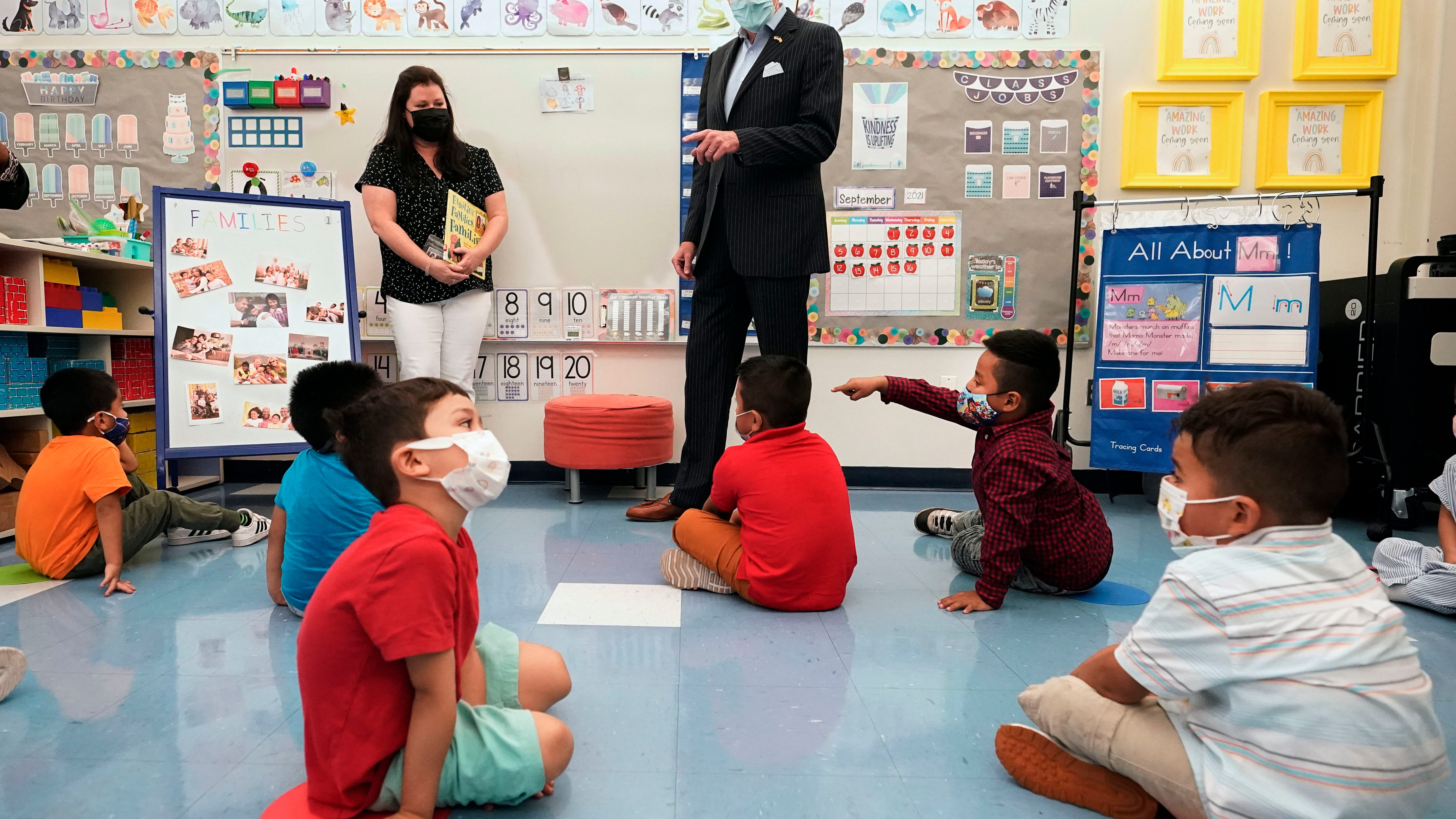
Tax season is often a stressful time for most people, and this year appears to be no different as there is expected to be more delays than usual for tax refund money.
The Internal Revenue Service (IRS) began processing tax returns on Jan. 24, and is still dealing with a number of returns from 2020. There were nearly 30 million people that had their returns delayed by the IRS as of May 2021.
That number has since gone down, but there are still 6 million unprocessed individual returns as of Dec. 31.
The IRS typically begins the tax season with only about 1 million unprocessed returns from the prior year.
Despite all of the expected delays, the IRS said that most people, with a few exceptions, should get their refunds within 21 days of filing.
If you claimed certain things such as the Earned Income Tax Credit or the Child Tax Credit, your tax returns will take longer to process because the IRS follows regulations that prevent fraud. The IRS said that people who claim those credits and filed on or around Jan. 24 may not get their tax refund until early March.
"The law provides this additional time to help the IRS stop fraudulent refunds from being issued," the IRS said.
There are plenty of other factors that may holdup your tax refund and force it to be delayed for a long period of time. Making a simple math error or not stating the correct amount of money received from advanced Child Tax Credit payments could delay your refund.
The IRS said on Jan. 25 that some of the Child Tax Credit letter, letter 6419, included incorrect information and to refer to the letter about properly filling out the tax return.
"People may not realize the letter could be wrong, and what is the IRS doing to send out a follow-up communication to stop creating a bigger backlog in the coming season?" Larry Gray, a CPA and government relations liaison for the National Association of Tax Professionals, said.
The IRS handled more than 240 million tax returns in 2020, and is still trying to complete all of the refunds from that year. The delays are still expected, even though the agency said most people will get their refunds within 21 days.
The best advice from experts is to file as soon as possible, increasing your chances at getting your refund earlier.
"My advice in 2022 is file early, get started tomorrow and try to put your taxes together with a qualified professional," Donald Williamson, an accounting and taxation professor at American University in Washington, said.


